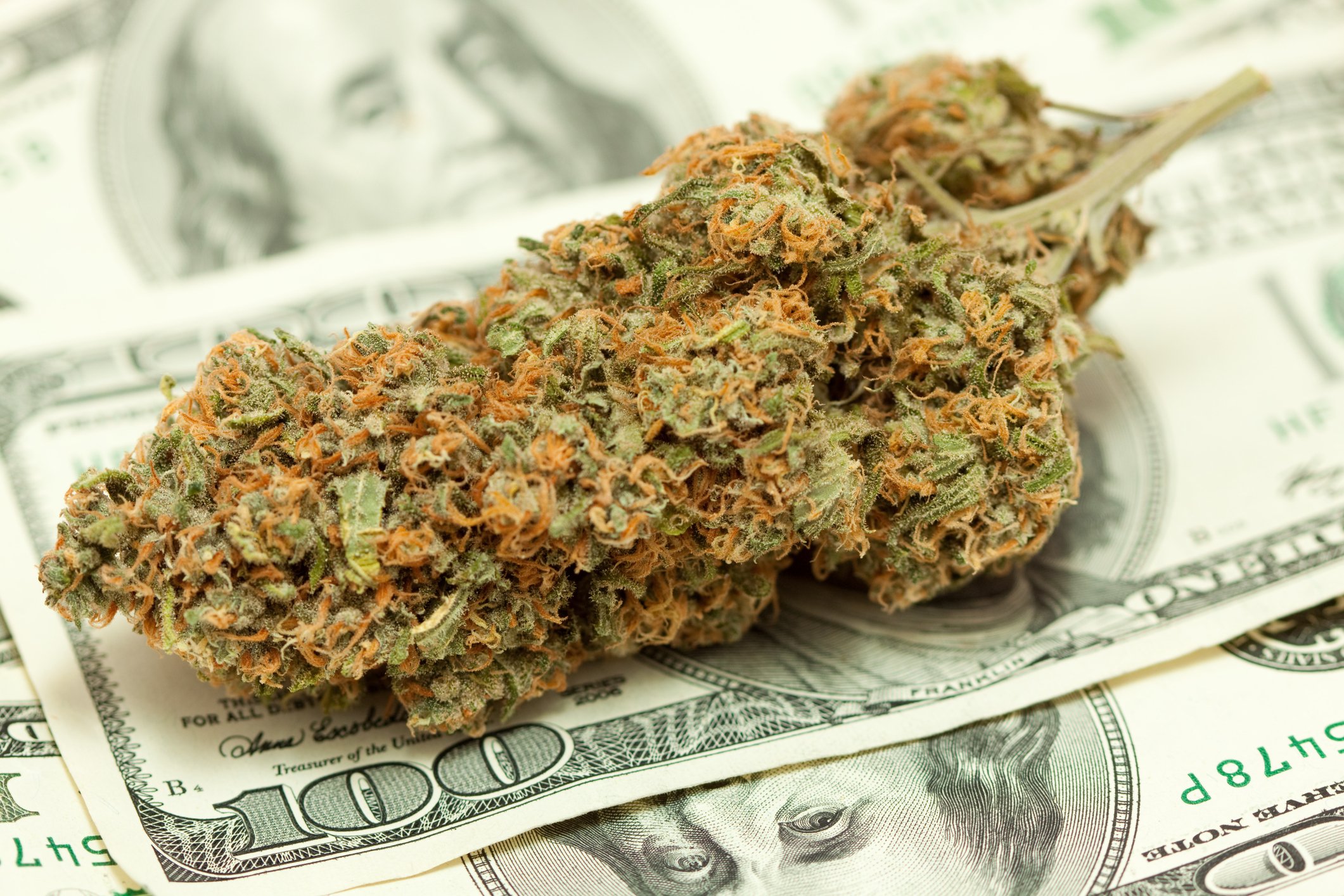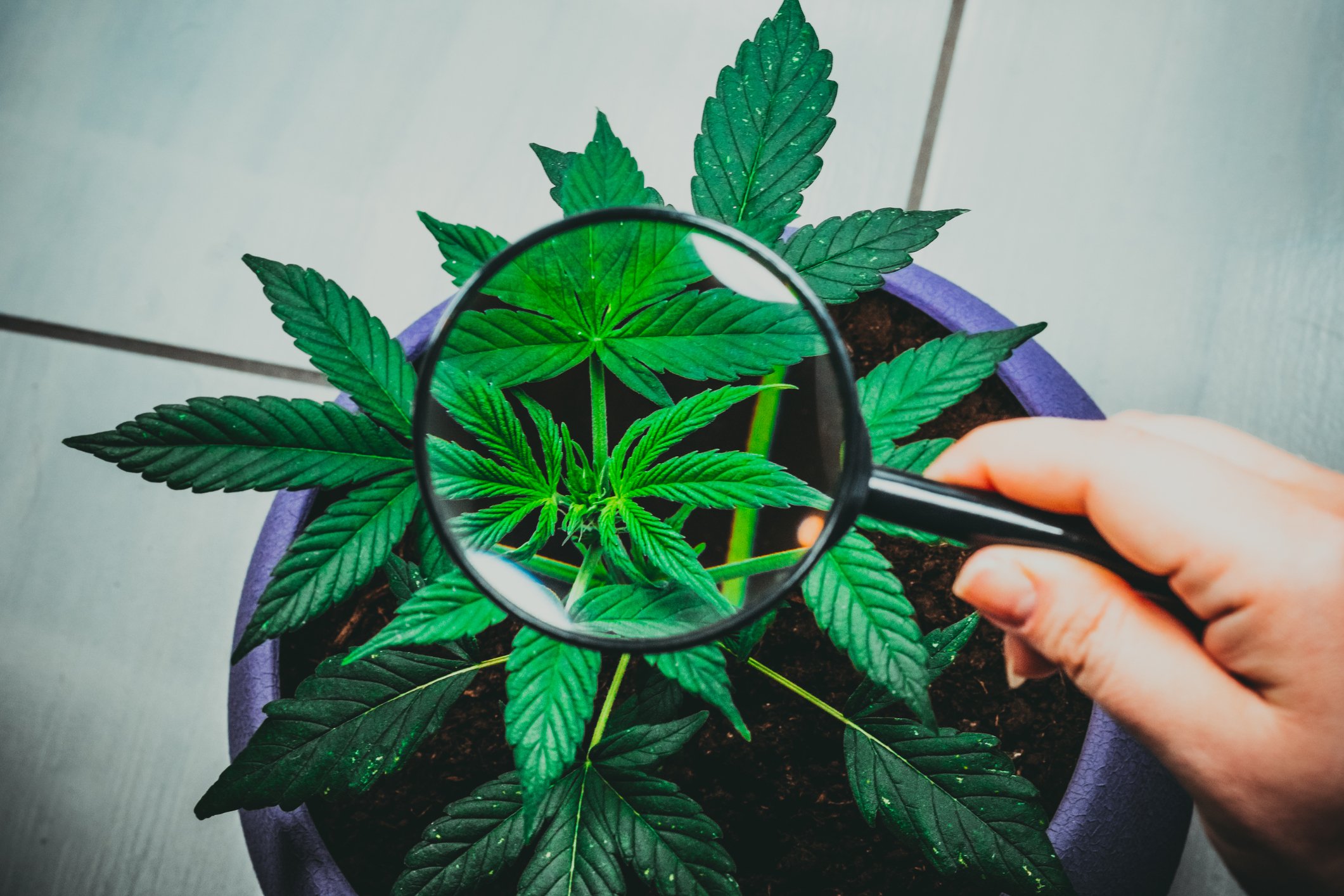Source: Insys Therapeutics.
Excitement surrounding the potential of medical marijuana drove up shares of Insys Therapeutics (INSY +0.00%) by 25% since June, but the stock slid last week when the U.S. Food and Drug Administration ruled the company needed to revise its approval application for new synthetic cannabinoid drug oral dronabinol.
Although investors' first reaction was to sell shares, that might not have been the best choice. Since hitting a low of $33, the stock has retraced most of the ground lost following the announcement. The FDA's decision effectively delays approval for oral dronabinol, so let's look at why shares are bouncing back.
Temporary derailment
Over the last 20 years, the FDA has increasingly focused attention on the safety and efficacy of medicine in children. As a result, a pediatric study plan must often be submitted prior to the agency approving new drugs for commercial use.
In the case of oral dronabinol, the FDA determined that Insys' pediatric plan was "inadequate or incomplete" , according to Insys' press release. As a result, the FDA kicked back the application to the company.
The FDA's decision is arguably a black eye for Insys' executive suite, and it could delay the drug's approval, but it isn't a rejection.
Insys said it believes that it has enough information from prior studies to avoid having to conduct additional trials in order to fix and resubmit the application, but the company offered no timeline other than to say the process would be completed "as quickly as possible."

Source: Insys Therapeutics
A new spin on an old drug
Most of Insys' revenue now comes from the sale of Subsys, an oral spray formulation of the opiate fentanyl. Since launching in 2012, Subsys has captured more than 30% market share as a treatment for breakthrough cancer pain; sales totaled $54 million in the second quarter, up 195% year over year.
Insys thinks oral dronabinol could be similarly successful. Like Subsys, oral dronabinol is a new version of a widely used therapy. In this case, that drug is marinol, a marijuana-derived medicine that has been used for decades to treat anorexia in AIDS patients and nausea in cancer patients.
The marinol market is worth roughly $150 million a year, and Insys believes oral dronabinol can win a large chunk of that because the drug works more quickly and can be more precisely dosed than marinol. Additionally, since oral dronabinol is likely to carry a higher price tag than generic marinol, the size of the market could expand significantly. If so, Insys could find that oral dronabinol has nine-figure revenue potential.
Irons in the fire
Insys offset some of the sting from the FDA's news with word that the Drug Enforcement Administration has cleared the company's existing synthesized marijuana facility to begin producing a variation of the marijuana cannabinoid CBD.
Earlier this year, Insys rolled out plans for studies evaluating the use of CBD in patients with two rare forms of epilepsy: Dravet and Lennox-Gastaut syndromes. Insys also plans to evaluate CBD in glioblastoma multiform, a common and aggressive brain cancer. This summer, the company received word that the FDA had granted orphan drug status for all three indications, potentially speeding up Insys' development timeline.
With the DEA's go-ahead in hand, Insys said it will begin producing CBD in quantities necessary to support human trials. Insys plans to begin those trials in early 2015.
Taking it in stride
As disappointing as the FDA's rebuke of oral dronabinol is, investors might find it more profitable to take the long view. The success of Subsys proves Insys knows how to market new-and-improved variations of existing drugs, so an eventual oral dronabinol approval could still ultimately mean millions in additional sales.
Insys is debt free and has $75 million in cash, which means it has plenty of dry powder to fuel its product pipeline. Since the company already has one successful commercial drug, a potential second drug in oral dronabinol, and a pipeline of other marijuana based drugs, investors might be right to give the company the benefit of the doubt that this is a short-term hurdle that it will overcome.







